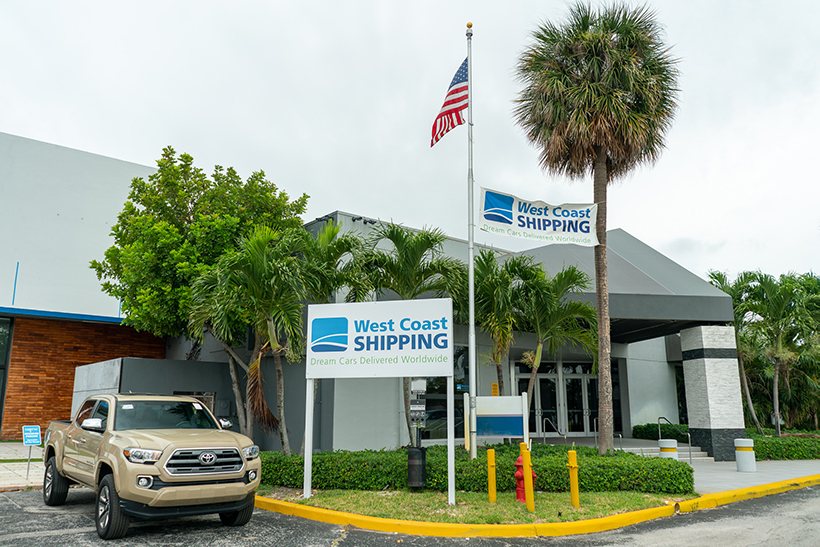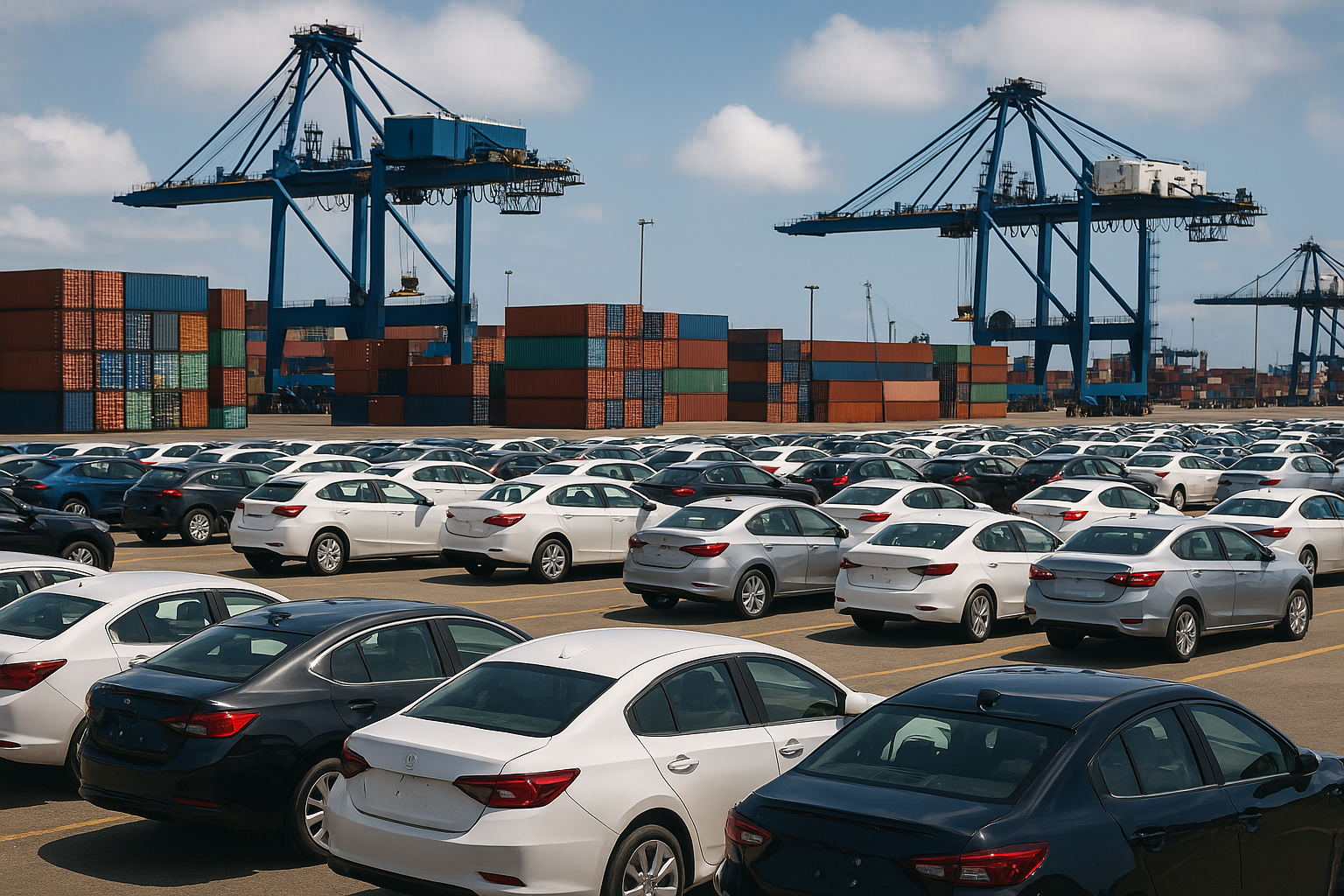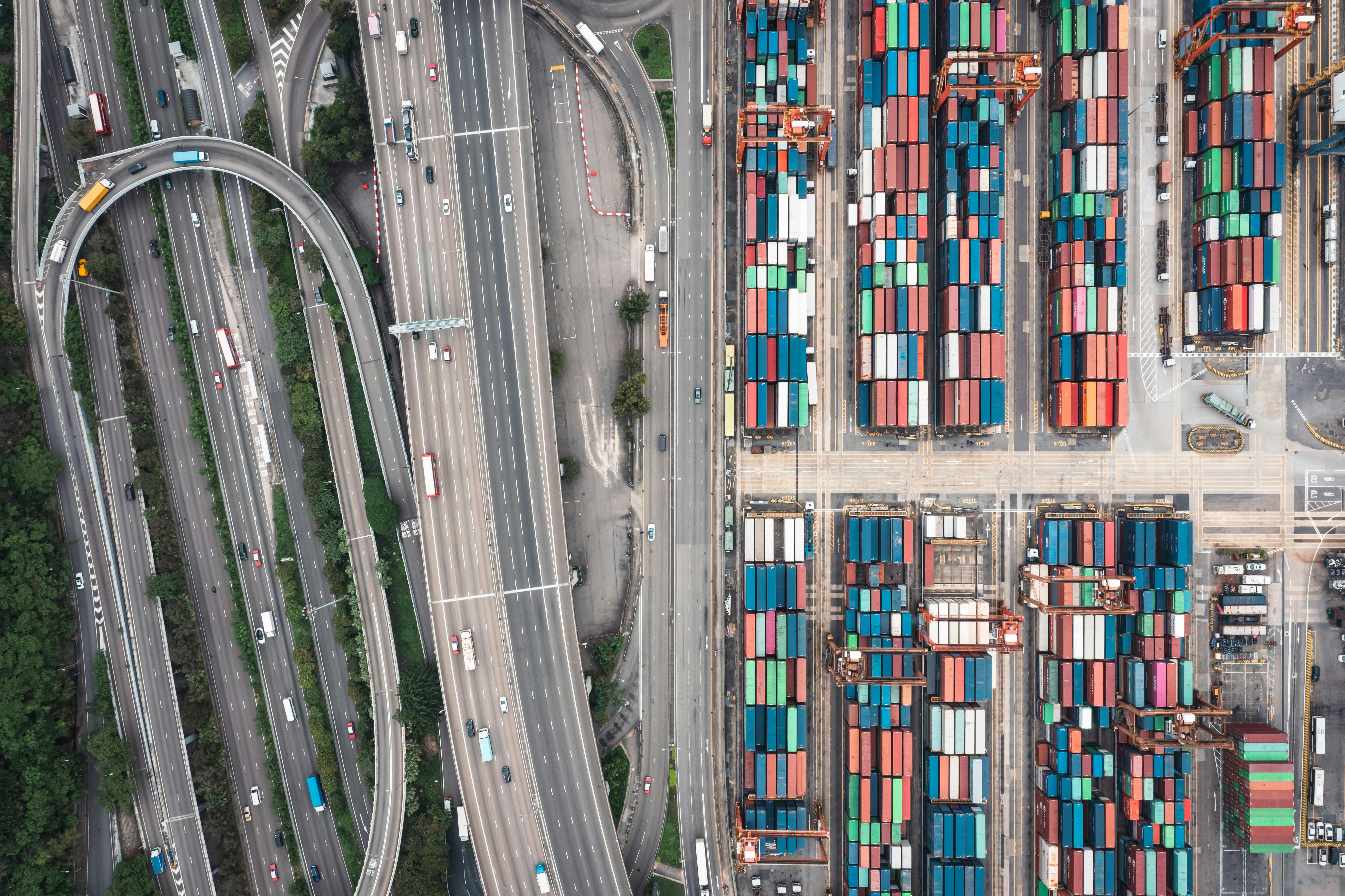Finished Vehicle Logistics Shipping Prices: What Impacts Rates?
International vehicle shipping represents a significant investment for automotive businesses, with numerous factors influencing the final price tag. Understanding these cost drivers helps dealerships, importers, and exporters make informed decisions about their finished vehicle logistics strategy. This comprehensive guide explores the key elements that impact shipping prices and how businesses can optimize their approach to achieve more favorable rates.
Key Factors Influencing Finished Vehicle Logistics Pricing
The cost of shipping vehicles internationally depends on multiple interconnected factors that collectively determine your final invoice. By understanding these elements, automotive businesses can better anticipate expenses and identify opportunities for cost optimization.
Transportation Method Selection
The shipping method you choose significantly impacts your overall logistics costs:
Container Shipping
Container shipping provides maximum protection for vehicles during international transit. Vehicles are carefully loaded and secured inside standard shipping containers, protecting them from exposure to elements, potential theft, and handling damage.
Container shipping typically costs more than RoRo but offers several advantages:
-
Superior protection from weather and handling damage
-
Enhanced security against theft and vandalism
-
Ability to ship non-running vehicles
-
Option to consolidate multiple vehicles in one container
For high-value vehicles, luxury models, or shipments to regions with security concerns, container shipping represents the premium choice for international transport.
Roll-on/Roll-off (RoRo) Shipping
RoRo vessels function essentially as floating parking garages, with vehicles driven directly onto specialized ships designed with multiple decks connected by internal ramps. This method offers cost advantages for standard vehicle shipments when maximum protection isn't required.
RoRo shipping generally costs less than container shipping but requires:
-
Vehicles to be in operational condition
-
Minimal parts inside the vehicle
-
Limited destination port options
-
Acceptance of open-air exposure during transit
Many automotive manufacturers rely on RoRo shipping for their primary distribution, particularly for high-volume models where cost efficiency is paramount.
Air Freight
While representing a small percentage of global vehicle movements, air freight plays a crucial role for time-sensitive or ultra-high-value shipments. This premium option reduces transit times from weeks to mere days but at a substantially higher cost—often numerous times more expensive than ocean shipping.
Distance and Routing Considerations
The physical distance between origin and destination significantly impacts shipping costs:
Port Selection: Choosing optimal departure and arrival ports can substantially affect pricing. Major ports typically offer more competitive rates due to higher volume and more frequent sailings.
Route Popularity: High-traffic routes between major automotive markets (like US-Germany or Japan-Australia) generally offer more competitive pricing than less common destinations.
Transit Time: Expedited shipping options cost more but reduce transit time, which may be crucial for time-sensitive inventory.
West Coast Shipping works directly with ocean carriers to ensure space availability for customers while utilizing the most optimal shipping routes and carrier lines, resulting in more reliable service and competitive pricing.
Vehicle Specifications
The physical characteristics of your vehicles directly impact shipping costs:
Size and Weight: Larger or heavier vehicles occupy more container space or deck area, resulting in higher shipping costs. Oversized vehicles may require special handling or dedicated containers.
Vehicle Value: Higher-value vehicles typically incur higher insurance costs and may require premium shipping methods for adequate protection.
Vehicle Condition: Non-running vehicles require special equipment for loading and unloading, increasing handling costs.
Modifications: Vehicles with aftermarket modifications, especially those affecting height or width, may require special accommodation during shipping.
Volume and Frequency Advantages
One of the most significant factors affecting per-vehicle shipping costs is the volume and frequency of your shipments:
Consolidated Shipping: Sharing container space with other vehicles can reduce costs by up to 50% compared to shipping a single vehicle.
Regular Volume Commitments: Businesses shipping multiple containers regularly can access more favorable rates through established relationships with logistics providers.
Dedicated Capacity: High-volume shippers can secure dedicated space allocations, ensuring consistent availability even during peak seasons.
West Coast Shipping's volume-based pricing becomes increasingly attractive as shipping volume increases. Businesses shipping numerous containers per month benefit from highly competitive rates, though the exact pricing structure depends on various factors including vehicle types, destinations, and service requirements.
If your business ships a steady number of containers per month—regardless of whether it’s 2, 20, or more—contact us to discuss a customized finished vehicle logistics solution.
Additional Cost Components in Finished Vehicle Logistics
Beyond the base shipping rate, several other components contribute to the total cost of international vehicle logistics:
Origin Services and Handling
Before international transit begins, several processes at the origin affect overall costs:
Inland Transportation: Moving vehicles from acquisition points (dealerships, auctions, or factories) to departure ports.
Warehousing and Processing: Temporary storage, inspection, and preparation for international shipping.
Export Documentation: Paperwork and compliance requirements for exporting vehicles from the origin country.
Container Loading: Specialized handling to properly secure vehicles inside shipping containers.
Destination Charges and Import Requirements
Upon arrival at the destination, additional costs include:
Import Duties and Taxes: Government-imposed charges that vary significantly by country, vehicle type, and value.
Customs Clearance: Administrative processes to legally import vehicles into the destination country.
Destination Handling: Unloading, inspection, and processing at arrival ports.
Final Delivery: Transportation from arrival ports to final destinations like dealerships or distribution centers.
Insurance and Risk Management
Protecting vehicles during international transit requires appropriate insurance coverage:
Cargo Insurance: Coverage for potential damage or loss during transit, typically calculated as a percentage of the vehicle's value.
Liability Coverage: Protection against third-party claims related to the shipment.
Deductibles and Exclusions: Policy terms that affect both premium costs and potential out-of-pocket expenses in case of claims.
Real-World Example: UAE Wholesale Import Success
A large wholesale import dealer in the UAE partnered with West Coast Shipping to transport multiple vehicles from car auctions across the USA to Jebel Ali port. By leveraging consolidated container shipping services, the client achieved remarkable results:
-
Cost optimization: of up to 50% through strategic container consolidation
-
Rapid vehicle collection: within 2 business days from auctions nationwide
-
Efficient transit times: (25 days from New York, 45 days from California)
-
Seamless documentation and customs clearance handled by in-house experts
This case demonstrates how the right logistics partner can significantly impact both costs and operational efficiency for volume shippers.
West Coast Shipping's Approach to Pricing Optimization

As specialists in international vehicle logistics, West Coast Shipping has developed a comprehensive approach to optimizing shipping costs for automotive businesses:
Strategic Infrastructure Placement
With privately-owned facilities strategically located in California, Florida, and New Jersey, West Coast Shipping provides efficient access to major shipping routes while minimizing inland transportation costs. These facilities offer over 300,000 sq. ft. of indoor and 710,000 sq. ft. of secured outdoor storage, providing ample capacity for vehicles awaiting international shipment.
Learn more about our storage facilities in California, Florida, and New Jersey
Direct Carrier Relationships
By working directly with ocean carriers, West Coast Shipping secures reliable vessel space and optimal routing for customer shipments. These established relationships ensure consistent service quality while accessing competitive rates not available to smaller logistics providers.
Volume-Based Advantages
West Coast Shipping's approach to volume shipping becomes increasingly attractive as shipping volume increases. Businesses shipping 10+ containers per month benefit from highly competitive rates, though the exact pricing structure depends on various factors including vehicle types, destinations, and service requirements.
Consolidated Shipping Options
For businesses with lower volume needs, West Coast Shipping's consolidated container service combines vehicles from multiple shippers, allowing each to benefit from shared economies of scale. This approach can reduce shipping costs by up to 50% compared to individual vehicle shipments.
Comprehensive Service Integration
By providing end-to-end services including vehicle collection, processing, documentation, shipping, and destination handling, West Coast Shipping eliminates the need for multiple service providers, reducing both costs and administrative complexity.
Optimizing Your Finished Vehicle Logistics Budget
Understanding the factors that influence finished vehicle logistics pricing empowers automotive businesses to make strategic decisions that optimize both costs and service quality. By considering transportation methods, volume advantages, vehicle specifications, and market conditions, businesses can develop effective logistics strategies that support their broader business objectives.
For businesses looking to optimize their international vehicle logistics, partnering with an experienced provider like West Coast Shipping offers access to established carrier relationships, volume-based advantages, and specialized automotive expertise that can significantly impact bottom-line results.
To explore how your business can benefit from optimized finished vehicle logistics, contact our team for a personalized consultation or visit our complete guide to finished vehicle logistics for more detailed information about international vehicle shipping processes and strategies.
You May Also Like
These Related Stories

Wholesale International Car Shipping: Complete Guide for Businesses

What Is Finished Vehicle Logistics? A Simple Guide for International Trade

-093789-edited.png?width=220&height=79&name=wcs_final_logo_(1)-093789-edited.png)
